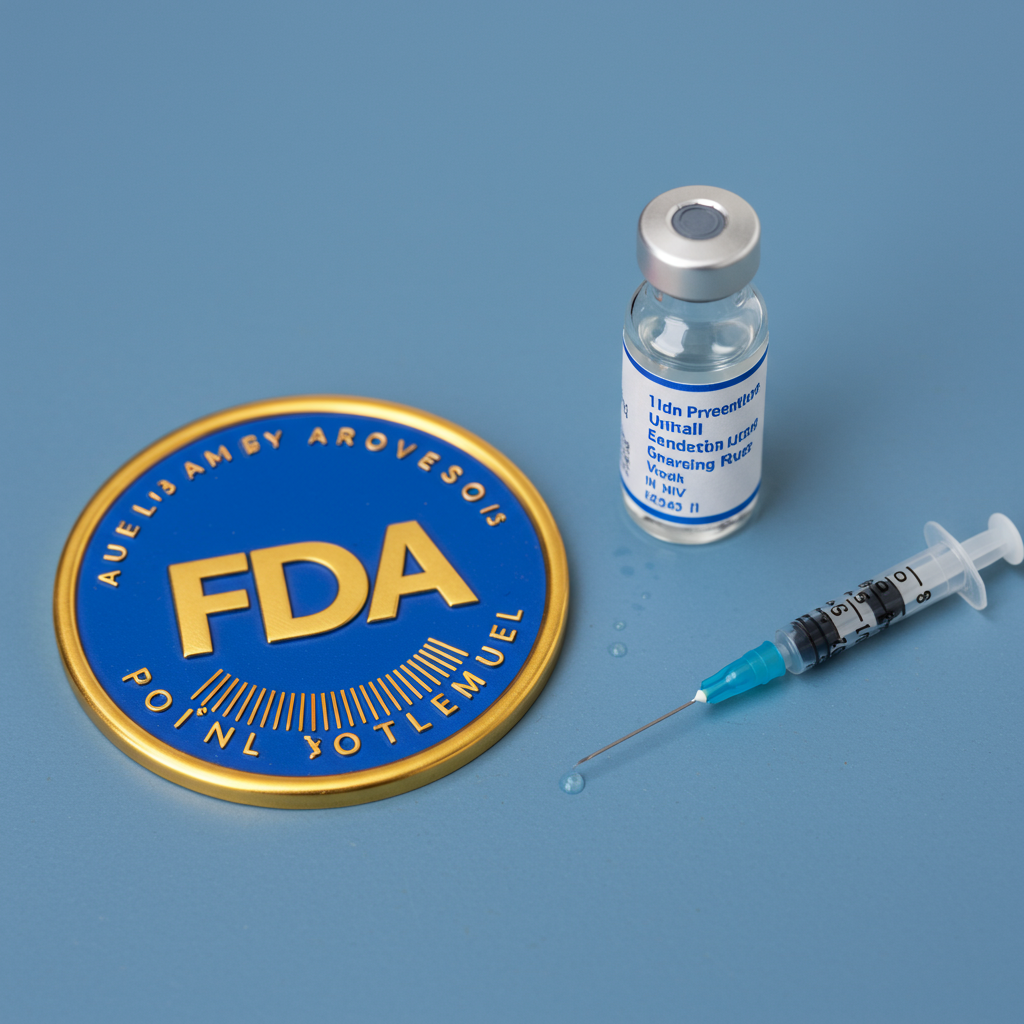As measles cases increase in certain areas, the Centers for Disease Control and Prevention (CDC) is issuing a strong recommendation to summer camp operators: screen all campers, staff, and volunteers for documentation of measles immunity before the season begins. This public health measure is crucial to prevent potential outbreaks in high-risk settings.
The urgency stems from a combination of factors, including localized surges in measles infections and, critically, declining childhood immunization rates. Experts express heightened concern about the potential for outbreaks and wider spread.
“There has been increased concerns about potential for additional outbreaks and spread, especially in the setting of waning or lowering rates of immunizations,” explains Dr. Alexandra Yonts, a pediatric infectious diseases physician and assistant professor at Children’s National Hospital. Dr. Yonts underscores the extreme contagiousness of measles, noting that a staggering nine out of every 10 unvaccinated individuals exposed to someone actively ill with measles will contract the disease.
Why Summer Camps Are High-Risk
Summer camps inherently present a significant risk for the rapid transmission of highly contagious illnesses like measles. The CDC points out that campers and staff spend extended periods in close proximity.
Dr. Yonts elaborates on this, particularly concerning sleepaway camps. “In sleepaway camps, you have lots of children in very close contact, pretty much constantly,” she says. Shared cabins, group activities, meals together, and even transportation like buses mean close, face-to-face interactions – ideal conditions for a highly contagious airborne virus like measles to spread swiftly.
The CDC’s Call for Documentation
To mitigate this risk, the CDC is encouraging camps to meticulously maintain documentation of measles immunity status for everyone on site. This includes immunity verified through either vaccination (specifically the MMR vaccine) or documented prior infection. The recommendation extends even to individuals with medical or other exemptions from vaccination.
Having this documentation readily available serves a vital public health purpose. In the event of a measles exposure at camp, this information allows local health departments to quickly identify individuals who are not immune. This enables timely intervention, such as offering post-exposure prophylaxis like immunoglobulin (antibodies) to potentially prevent or lessen the severity of illness in non-immune exposed individuals.
Understanding Measles Risk Levels
Dr. Yonts clarifies the differing levels of risk based on immunity status:
Fully Vaccinated & Healthy: A child who has received the recommended two doses of the measles vaccine and has no underlying conditions that compromise their immune system is generally considered well-protected. For these children, no further action regarding measles immunity is needed, other than standard practice like staying home if they develop symptoms such as fever or rash.
Unvaccinated: Children who have not received the measles vaccine are at a “much higher risk of getting sick” if exposed. They require a higher level of suspicion for symptoms. In the event of exposure, they may qualify for preventative treatments like immunoglobulin, which can provide temporary protection.
Preparation and Communication Are Key
Part of the CDC’s guidance includes clear communication. Camps are advised to inform prospective campers, parents, and staff about state, local, or specific camp vaccine requirements well before the camp session begins.
Dr. Yonts draws a practical comparison, stating, “Immunity is something that’s required in schools during the year, so, frankly, it just makes sense that summer camps should also want the same level of protection.” Ensuring high immunity rates among camp attendees and staff is a fundamental layer of defense against measles outbreaks in this unique group setting.
By taking proactive steps to screen for and confirm measles immunity, summer camps can play a crucial role in protecting the health of participants and preventing the spread of this serious, yet preventable, disease.

